
Buda The Budapest Castle Hill Funicular HighRes Stock Photo Getty Images
Trinity Square. Trinity Square. The central square on Castle Hill is Trinity Square (Szentháromság tér). One of its most interesting features, apart from beautiful Matthias Church, is a large Baroque plague column-the Holy Trinity Statue-designed by Barbier and Ungleich in 1714.
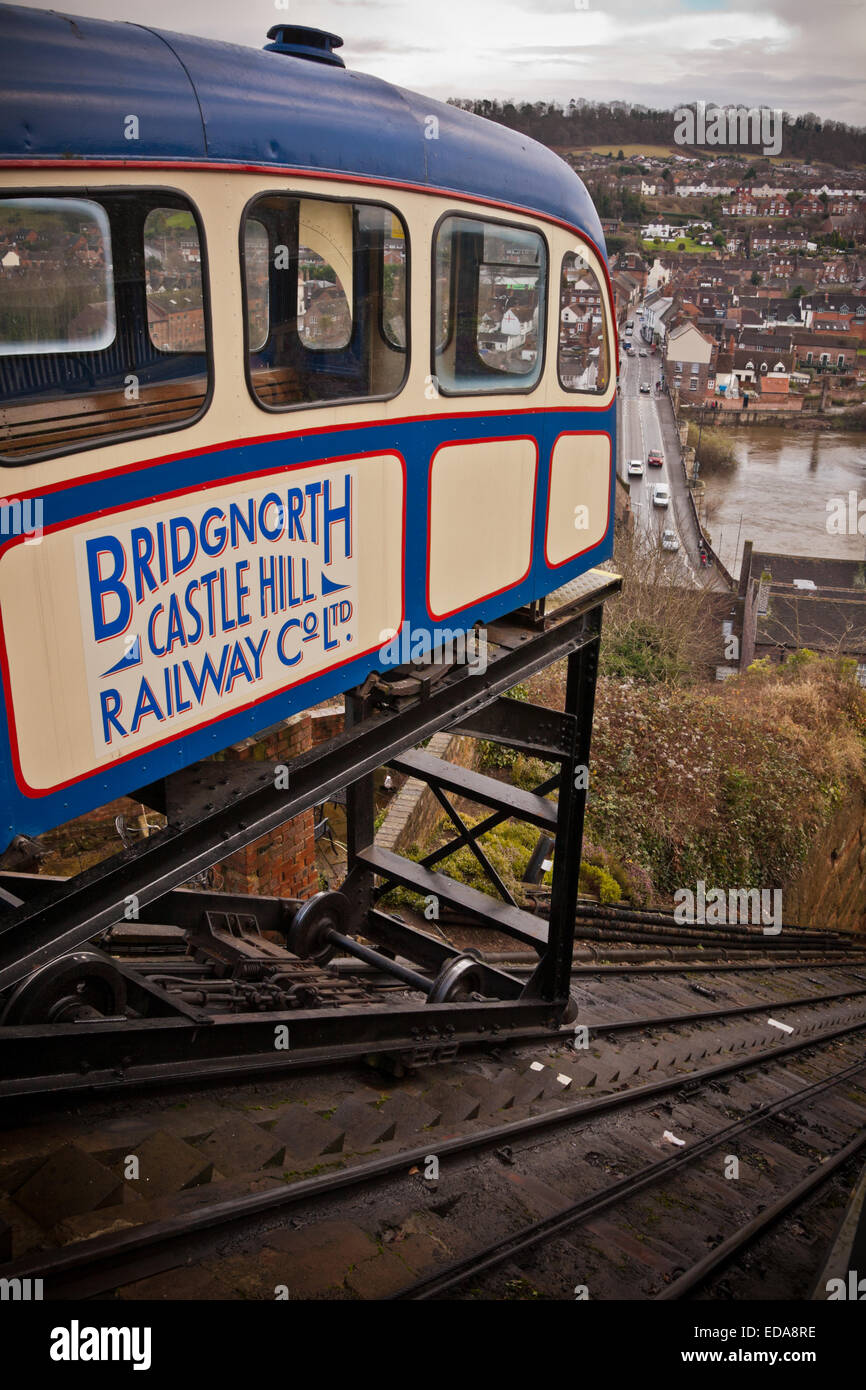
The Castle Hill funicular railway, Bridgnorth, Shropshire UK Stock Photo Alamy
The Budapest Castle Hill Funicular or Budavári Sikló is a funicular railway in the city of Budapest, in Hungary.It links the Adam Clark Square and the Széchenyi Chain Bridge at river level to Buda Castle above.. The line was opened on March 2, 1870, and has been in municipal ownership since 1920. It was destroyed in the Second World War and reopened on June 4, 1986.
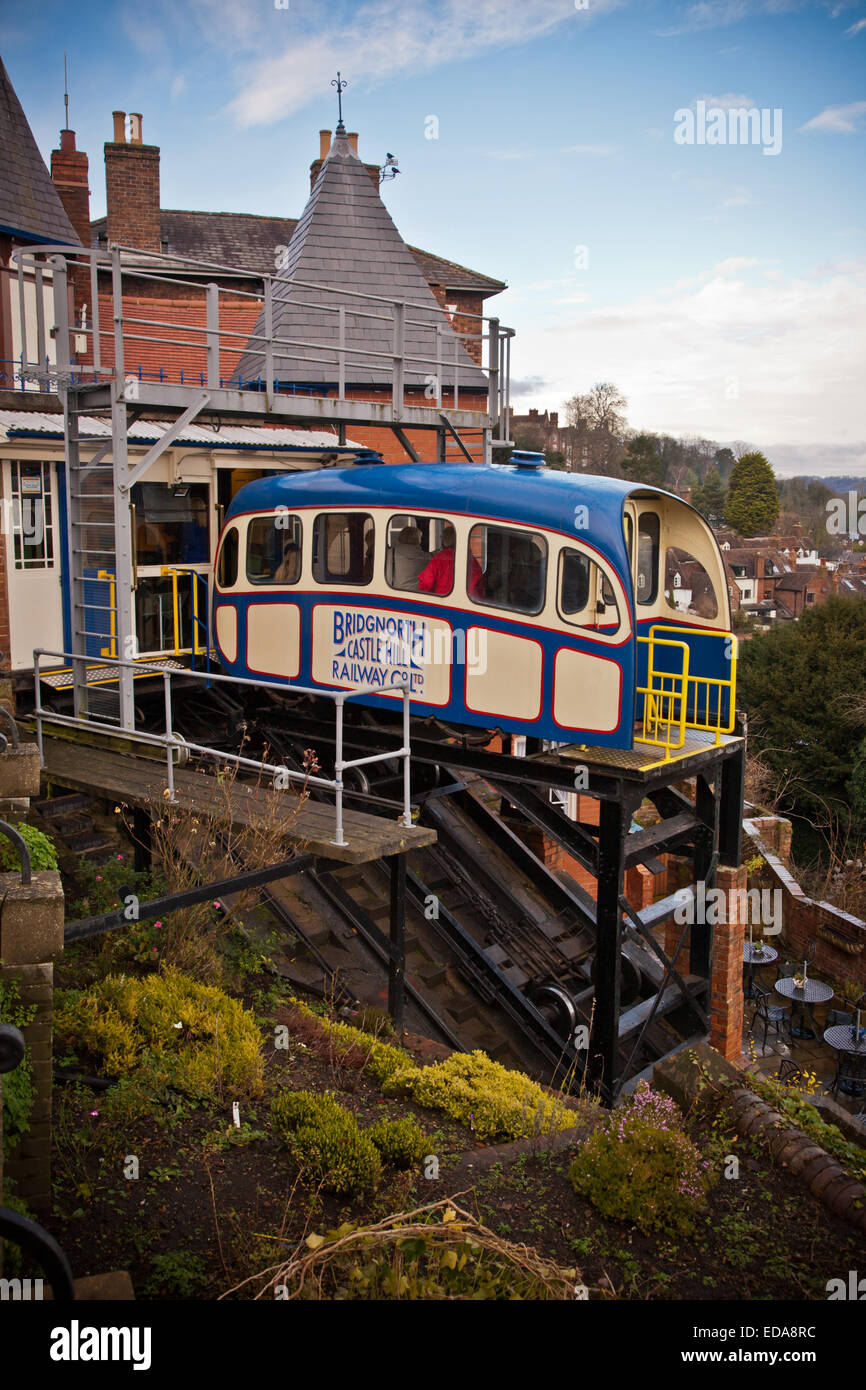
The Castle Hill funicular railway, Bridgnorth, Shropshire UK Stock Photo Alamy
The Budapest Castle Hill Funicular or Budavári Sikló is a funicular railway in the city of Budapest, in Hungary. It links the Adam Clark Square and the Széchenyi Chain Bridge at river level to Buda Castle above.
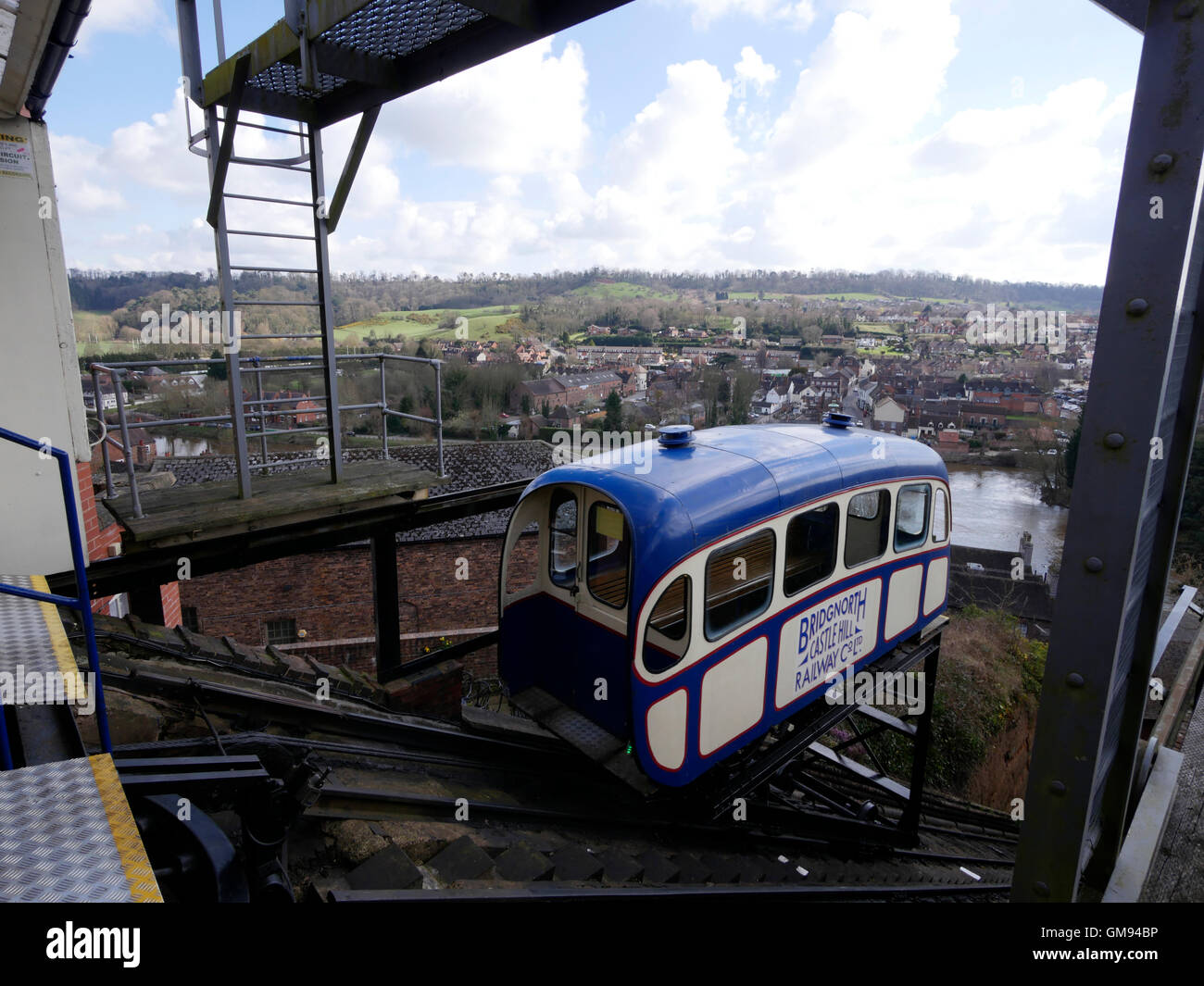
Castle Hill Funicular Electric Cliff Railway, Bridgnorth, Shropshire, England, UK Stock Photo
The Castle Shannon Incline was carrying passengers and vehicles. It ran from Carson Street. The village was located at the bottom of the canyon and the train station was on the top of the hill. A funicular was built to reach the village from the train station until 1970 when the village was abandoned and destroyed to expand the open pit mine.
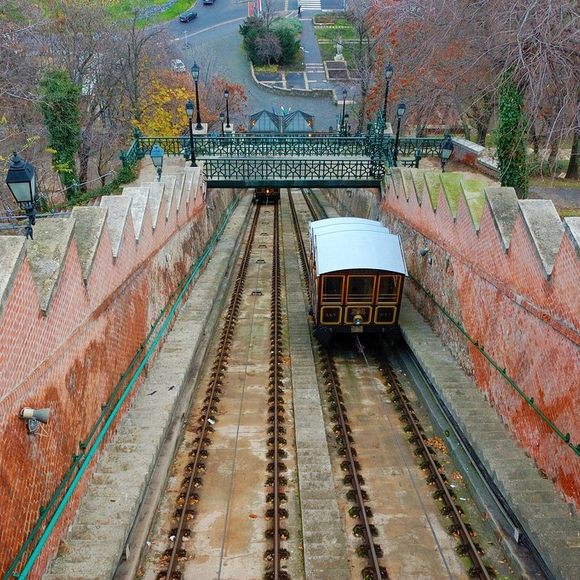
Budapest Castle Hill Funicular Budapest, Hungary Atlas Obscura
Buda Castle Hill Funicular Opening Hours. The funicular is generally open daily from 07:30 to 22:00. However, it closes occasionally for maintenance, which is usually done on Mondays. You can check maintenance schedules here. Tickets for the Castle Hill Funicular. A one-way, adult ticket costs HUF 1,200. A return tickets is HUF 1,800.

Photo gallery of Budapest Castle Hill Funicular in Budapest
Discover Budapest Castle Hill Funicular in Budapest, Hungary: Built in 1870 at the bridge that connected Buda and Pest, this spectacular incline railway was almost lost forever during World War II.
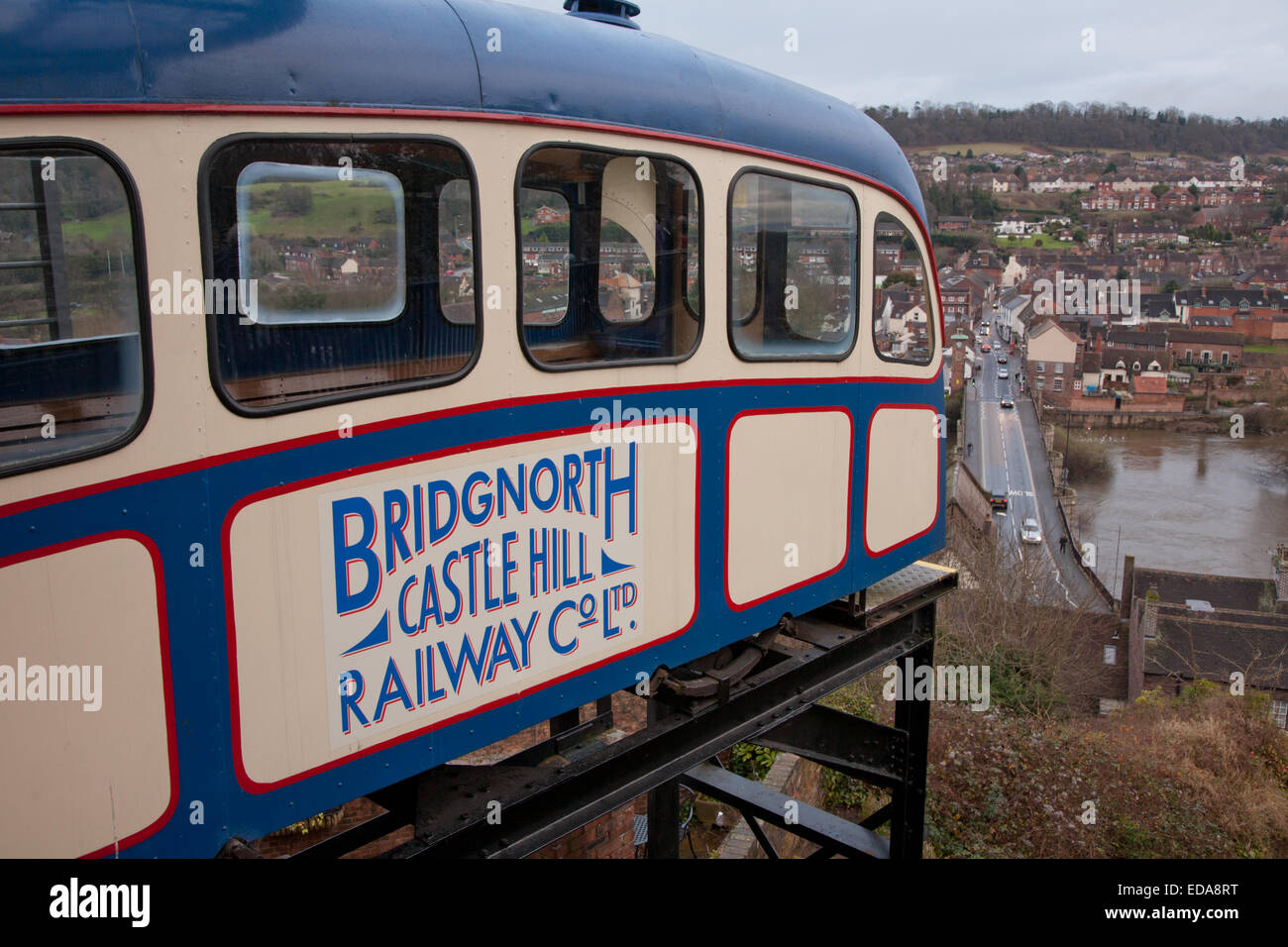
The Castle Hill funicular railway, Bridgnorth, Shropshire UK Stock Photo Alamy
The Budapest Castle Hill Funicular or Budavári Sikló is a unique funicular railway in the city of Budapest. It starts at Széchenyi Chain Bridge and goes up to Budavar Pallace. The building of the line started in the July 1868, the first test run was on 23 October 1869. The Sikló has operated for the public since 2 March 1870.

Budapest Castle Hill Funicular Stock Photo Image of vacation, city 59919360
By Funicular: Take the Buda Hill Funicular up to the Castle. The ride up costs 4,000 Ft (US$ 11.60) and is open from 8 am - 10 pm. Take the Funicular up and walk back . If you don't want to hike all the way to the top of Castle Hill, we recommend taking the Funicular up to the Royal Palace and then stroll back down, which is very enjoyable.
Budavári Sikló (Budapest Castle Hill Funicular) in Hungary r/trains
Funicular in Baku, Azerbaijan. A funicular (/ f juː ˈ n ɪ k j ʊ l ər, f (j) ʊ-, f (j) ə-/) is a type of cable railway system that connects points along a railway track laid on a steep slope.The system is characterized by two counterbalanced carriages (also called cars or trains) permanently attached to opposite ends of a haulage cable, which is looped over a pulley at the upper end of.

Castle Hill Funicular Seen From Below In Budapest During Summer Day Stock Photo Download Image
Top ways to experience Buda Hill Funicular and nearby attractions. Budapest ️Highlights️ Live Guided Segway Tour. 444. Recommended. Father's Day. from. $50.14. per adult (price varies by group size) City Sightseeing Budapest Hop-On Hop-Off Bus Tour, Boat and Walking Tour.
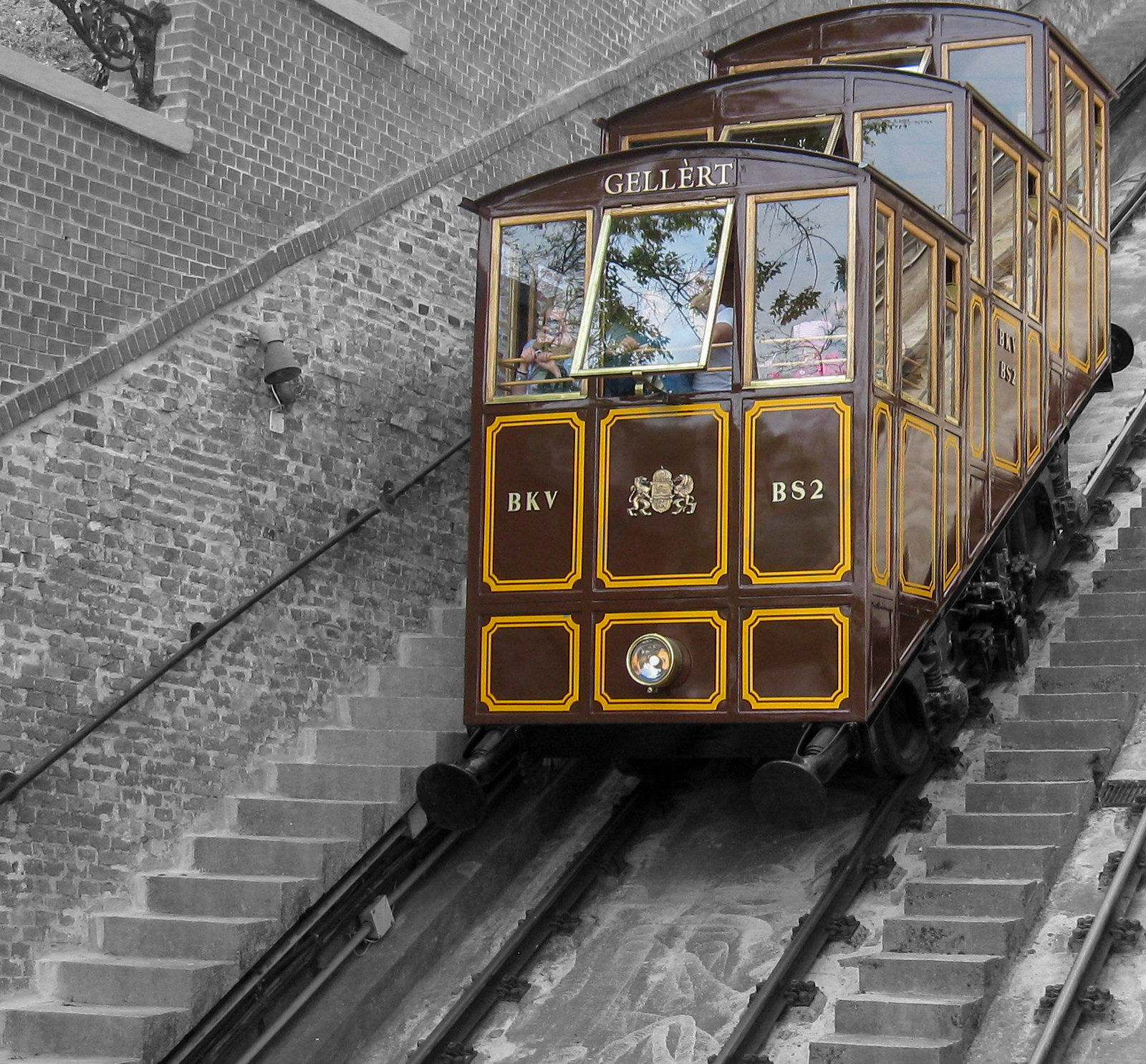
The Budapest Castle Hill Funicular [1600×1485] Photographed by Marek Matkowski r
The Funicular was listed as a UNESCO World Heritage Site in 1987. History. The Buda Hill Incline was inaugurated on 2 March 1870 with the purpose of providing easy access to the government offices and the Castle Theatre situated in the Castle District.
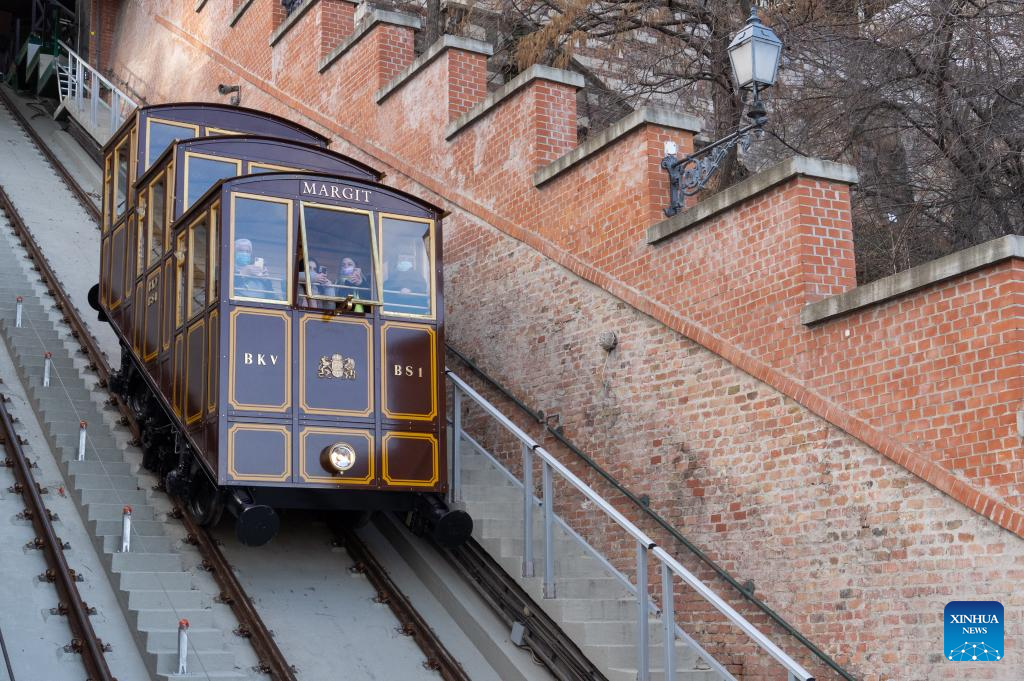
Buda Castle Hill Funicular in Budapest reopens after renovationXinhua
Follow your guide through the history and sights of the Buda Castle District on this walking tour in Budapest. Hear stories from Hungarian history as you see sights like the President's Palace, the Royal Palace, and Fishermen's Bastion. Begin your tour at the Baroque Holy Trinity Statue and walk around the 15th century, Gothic Matthias Church.

Budapest Castle Hill Funicular, Budapest holiday from AU 68/night Stayz
History of the Budapest Funicular. Inaugurated in 1870, the Budapest Funicular was the second funicular to be built in Europe.. During World War II, the cable railway was partially destroyed. Years later, it was rebuilt exactly as it had been and was reopened in 1986.. Nowadays, the cliff railway works perfectly, running from the Chain Bridge to the top of Castle Hill, near Buda Castle.

Castle Hill Funicular, Budapest Budapest, Budapest hungary, Hungary
Fun ways of getting up to the Castle Hill. Funicular / Cable Car You can reach the top of the Hill and get directly to the Royal Palace, using the Funicular. It starts from next to the Tunnel at Clark Adam Square. Please note that usually there are queues built up for the Funicular, with possible waiting time of 30 minutes.
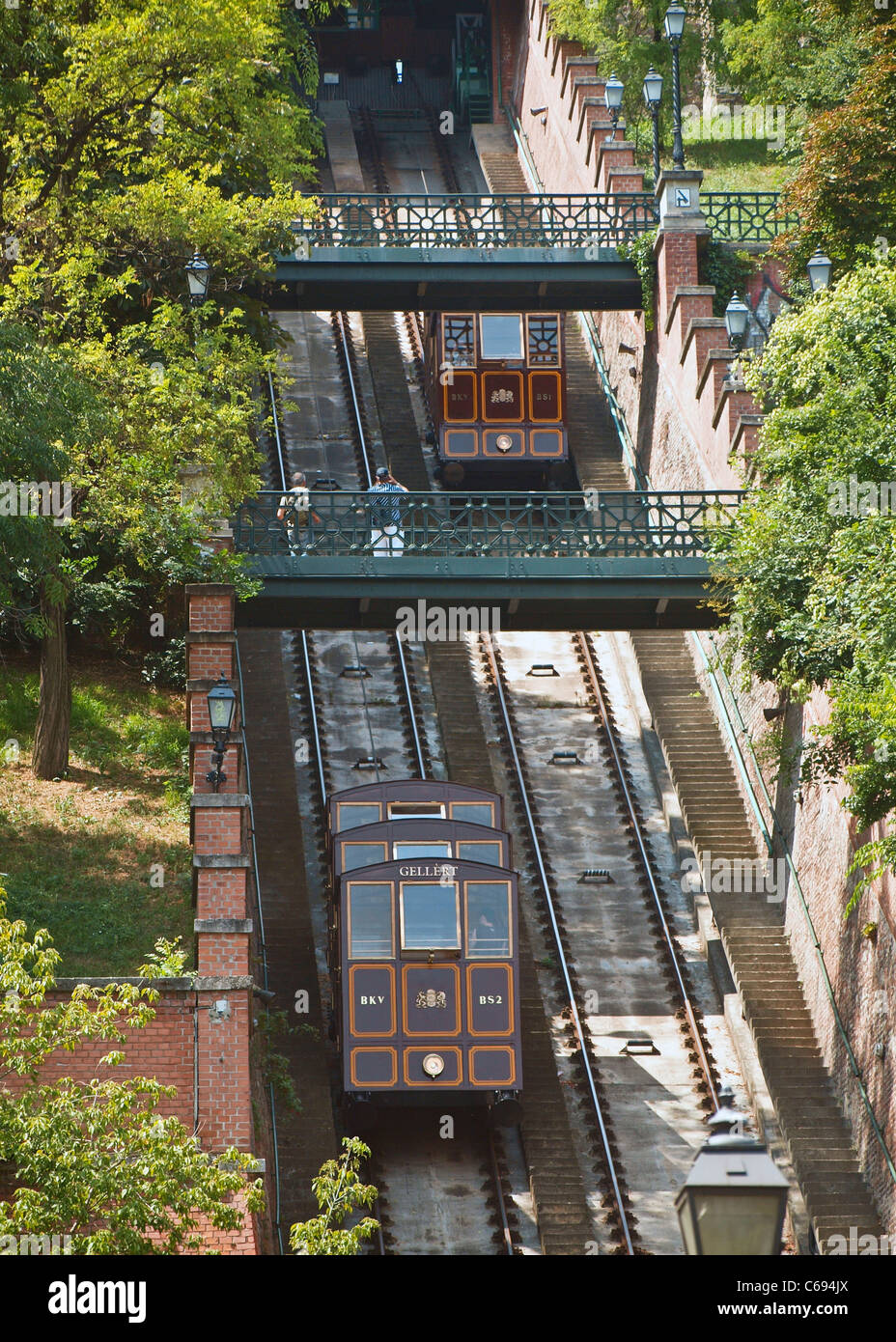
Castle Hill funicular Budapest, Hungary Stock Photo Alamy
Funicular ride from Castle Hill top to Adam Clark Sq by Chain Bridge (Cable Car ticket included) BOOKING Attractions - Budapest Cruise Sightseeing. Budapest Crusie with Guide. UNESCO World Heritage Sights such as: 1. Hungarian Parliament on Pest side city centre 2. Buda Castle on Buda Hill 3. Fisherman's Bastion on Buda Hill

Budapest Castle Hill Funicular Budapest Attraction
The Budapest Castle Hill Funicular or Budavári Sikló is a funicular railway in the city of Budapest, in Hungary. It links the Adam Clark Square and the Széchenyi Chain Bridge at river level to Buda Castle above. The line was opened on March 2, 1870, and has been in municipal ownership since 1920. It was destroyed in the Second World War and.